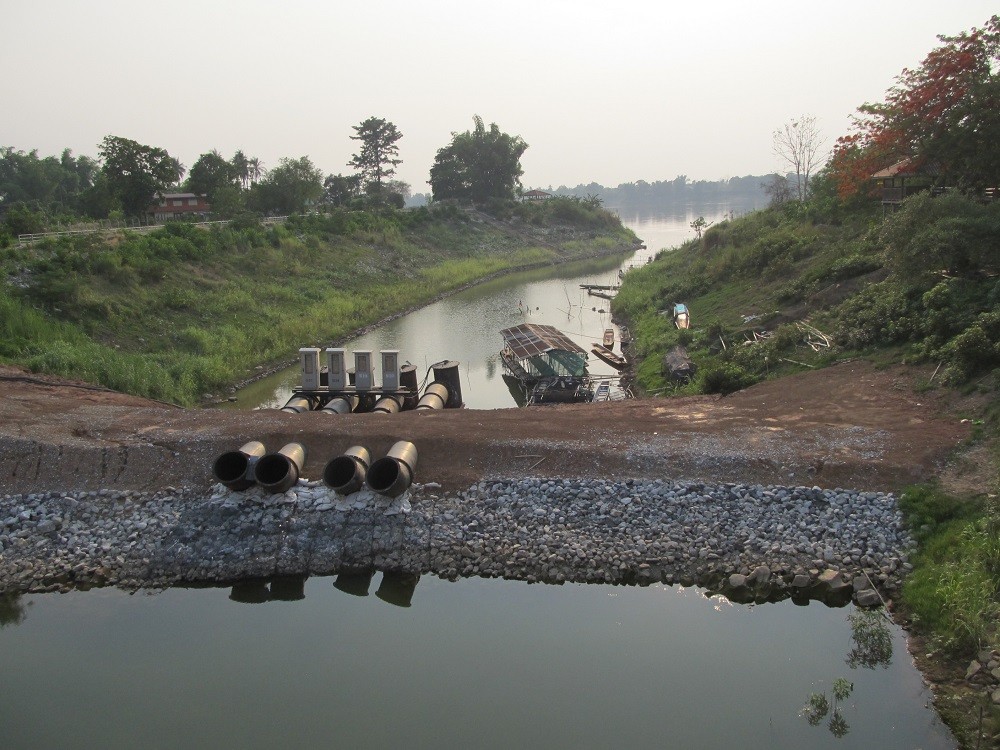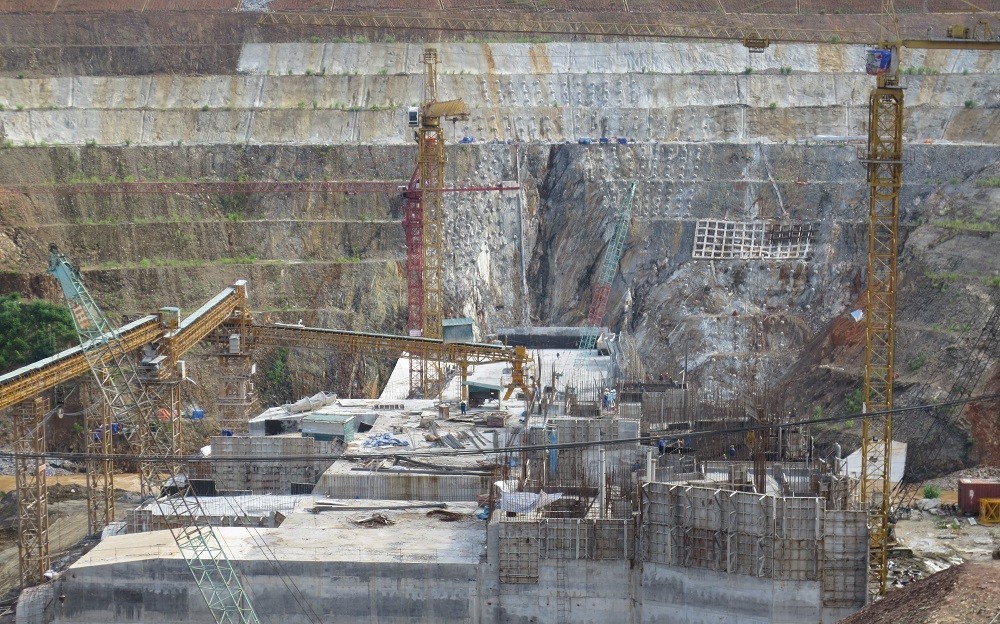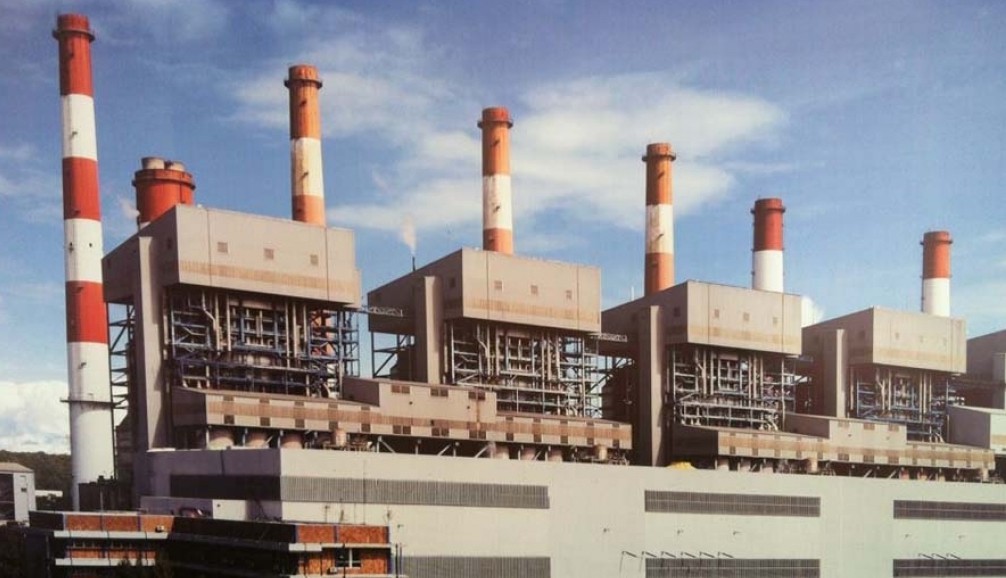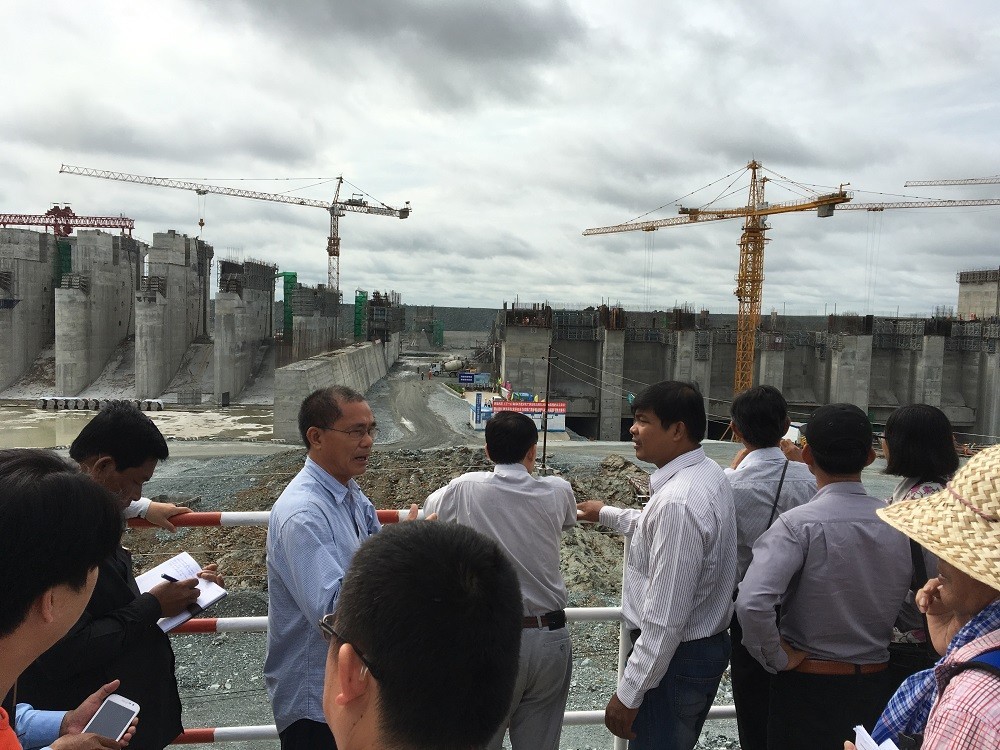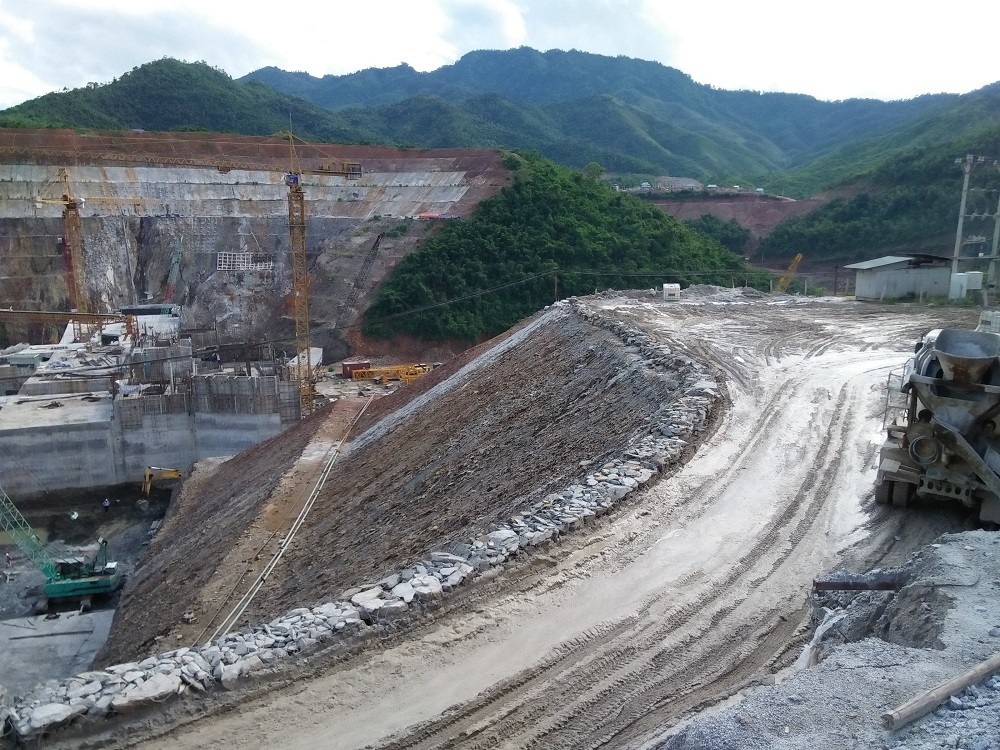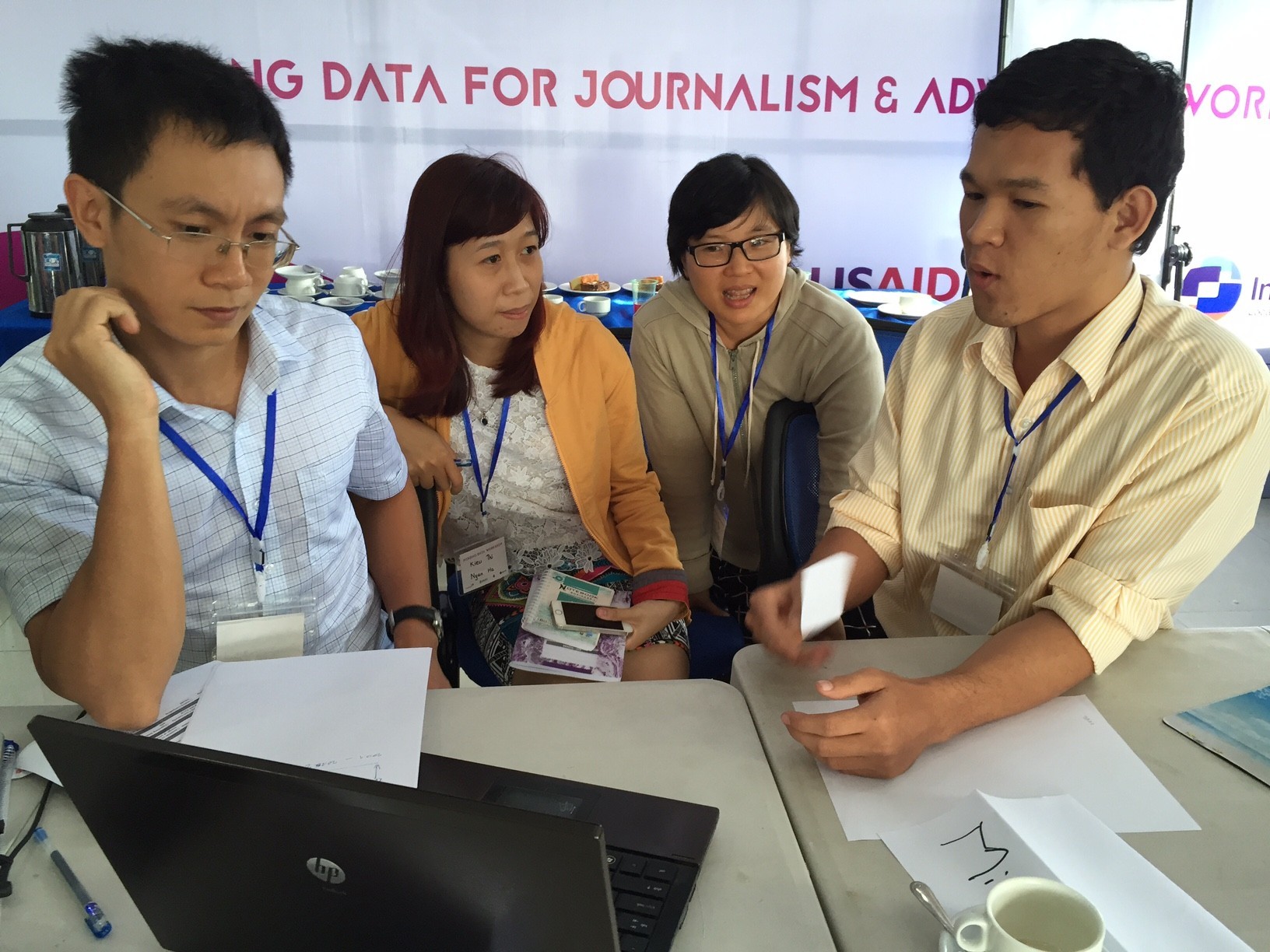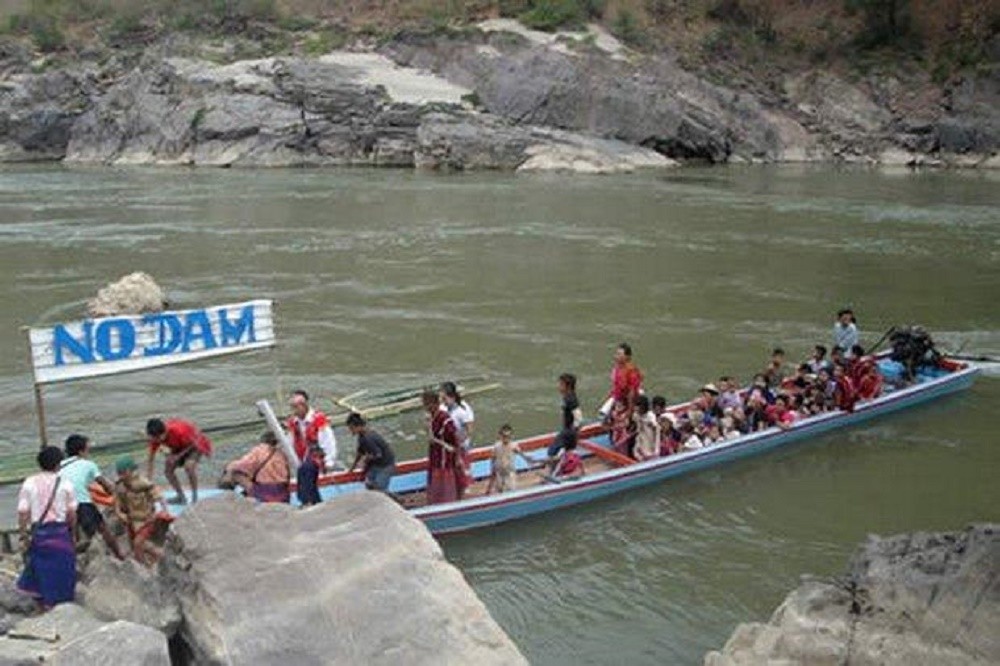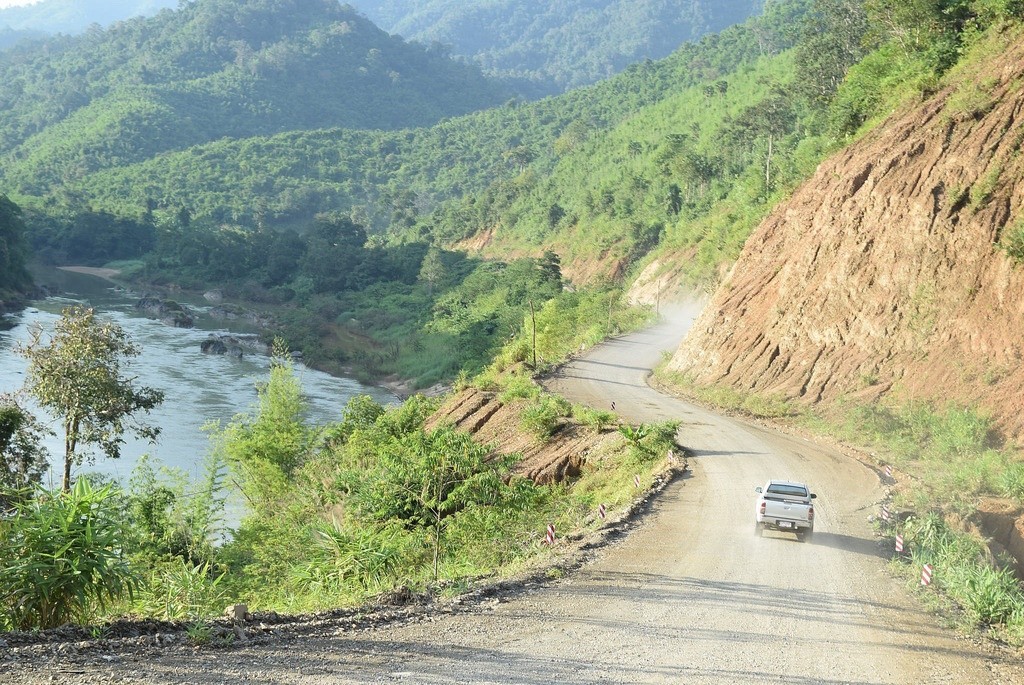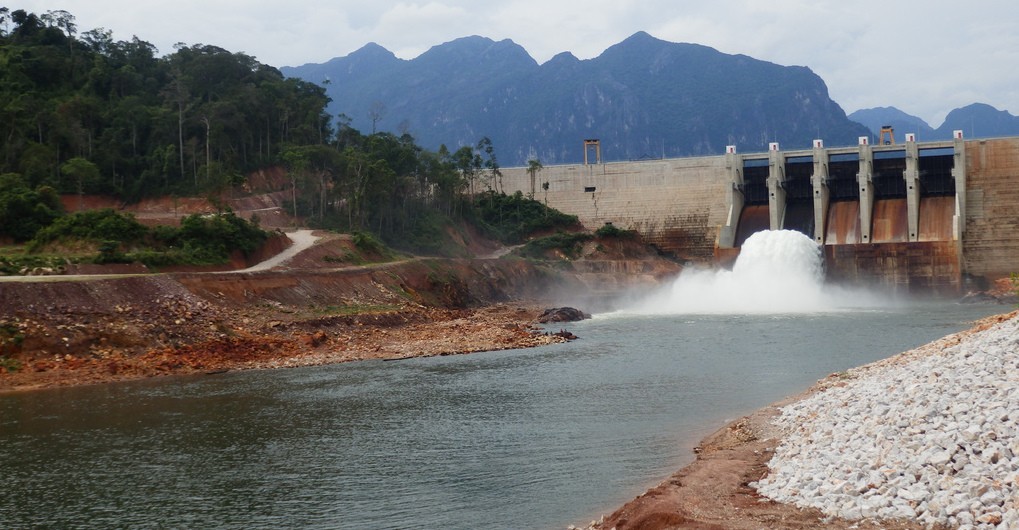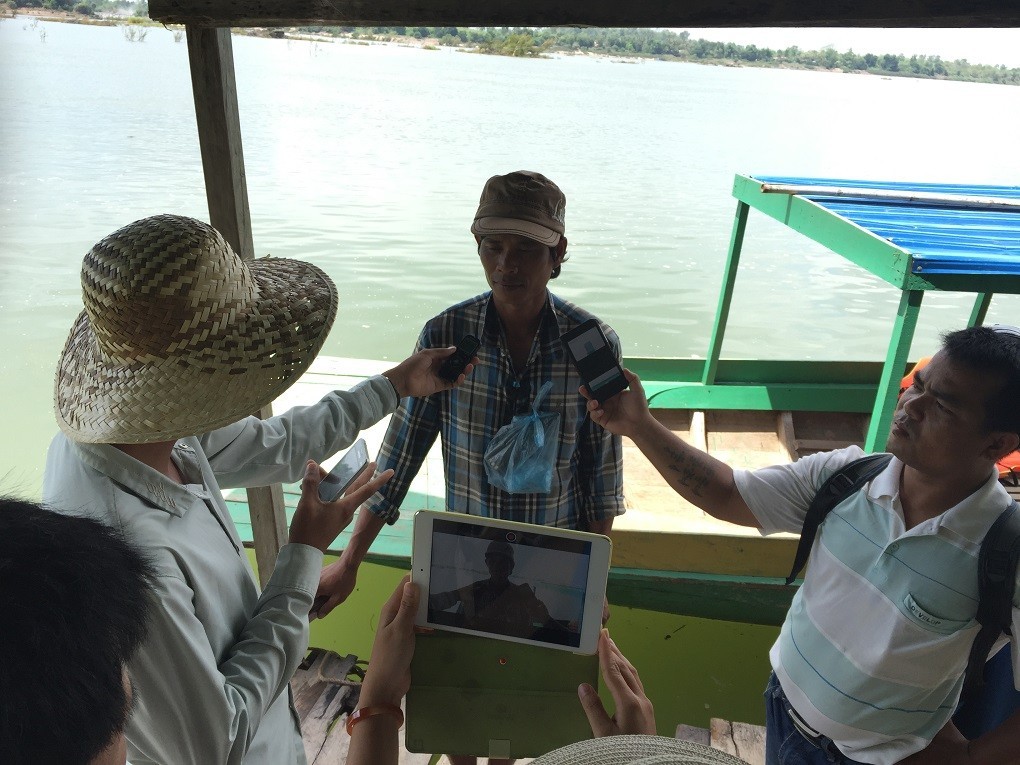While a solution for the negative impacts from Mekong mainstream dams is still doubtful, the downstream countries, Vietnam in particular, have to confront new threats from upstream neighbors related to water usage.
Category: Article
New Study: Excluding Women from EIA Worsens Social and Environmental Impacts
Mekong Partnership for the Environment The Government of Vietnam requires Environmental Impact Assessments (EIAs) for all large-scale infrastructure development projects and supports public participation in the EIA process. However, a new study shows that women and other marginalized people are often not engaged effectively in the EIA. Mekong Partnership for the Environment (MPE) supported the […]
No more coal power plants needed
Last Thursday, the Electricity Generating Authority of Thailand (Egat) confirmed that it will construct six new coal-fired power plants by 2025. On many levels, building these new power plants seems not to be a well thought-out plan.
At the local level, coal-fired power plants would adversely affect communities in these areas. Where such plants have been constructed in southern Thailand, they have polluted waters, reduced fish stocks, damaged crops, and contributed to a high concentration of respiratory disease. Nonetheless, Egat has yet to conduct comprehensive environmental impact assessments (EIAs) in areas which would be affected by these new plants.
MPE and Partners Help Dam-Affected Cambodians Build Skills to Engage in EIA Processes
Mekong Partnership for the Environment MPE supports work in communities affected by development projects because the success or failure of an Environmental Impact Assessment (EIA) depends on meaningful participation of all key stakeholders. USAID-funded Mekong Partnership for the Environment (MPE) in partnership with NGO Forum on Cambodia (NGOF) trained 21 CSO and community representatives at […]
Civil society, government, journalists explore transboundary impacts in dialog and webinar events
Mekong Partnership for the Environment CSOs and academics share concerns over impacts of Thai transboundary investments MPE partner Thai Society of Environmental Journalists (TSEJ) held its latest public seminar examining transboundary investment on 13 June 2016. A panel of civil society and academic experts discussed issues around these investment flows in and out of […]
Data, Development and the Environment: Regional Journalists and NGOs Take on Data Journalism
Mekong Partnership for the Environment With help from Mekong Partnership from the Environment (MPE), the Mekong region now has a new team of skilled regional journalists and NGOs who can bring evidence-based environment stories to their audiences. USAID-funded MPE and Myanmar’s Phandeeyar are training journalists and local NGOs to tell compelling stories with environmental data. At the […]
Aung San Suu Kyi visit is chance to rethink investments
This week’s visit by State Counsellor Daw Aung San Suu Kyi to Thailand appears to hold out hope for Thai state and private investors to revitalise their plans for key investments in Myanmar. Among these projects, the most prominent are the Dawei special economic zone and a cascade of hydroelectric dams on the Thanlwin River.
The road to Dawei is paved with empty promises
Burma’s State Counsellor and Foreign Minister Aung San Suu Kyi will meet with Prime Minister Gen Prayut Chan-o-cha to discuss bilateral issues focused on trade and economic cooperation during her visit to Thailand on 23-25 June. Meanwhile, the Thai government has announced yet again plans to put the long-delayed Dawei Special Economic Zone (SEZ) project higher on its agenda.
In 2012, Suu Kyi visited Thailand on her first trip outside of Burma in 24 years. She met with Burmese migrant workers in Mahachai, Samut Sakhon province, which has the largest migrant community in Thailand. At that time, she promised to do her best to improve the country’s economy so that migrant workers would have jobs to return home to in Burma.
PDF REPORT Analysis on ADB Investments in the Greater Mekong – NGO Forum on ADB
Since 1992 the Asian Development Bank (ADB) initiated the Greater Mekong Sub-region (GMS) Program encompassing the five countries and parts of China. As of 2016, over USD 14 billion has been invested by the ADB. The GMS program is another flagship endeavor by ADB under the strategic pillar entitled “regional economic integration”. Furthermore the GMS Regional Investment Framework (RIF) 2013 – 2022 serves as the master plan for over 200 projects with an estimated investment of about USD 50 billion.1
Civil society-led impact studies on ADB funded GMS projects suggest that groups mostly dependent on natural resources bear the brunt of direct disempowerment from practices such as mining, logging, involuntary resettlement and road-building among others. Once removed from their rights of access to their customary resources, the ADB presupposes that affected communities will invariably integrate into new market-based economies. Most often than not, however this is far from the local reality.
Regional Journalists Examine Impacts of Don Sahong Dam on Dolphins, Fisheries, Villagers
Journalists from across the Mekong region met villagers, government officials and NGOs to understand and write stories about the costs and benefits of the Don Sahong dam. Mekong Partnership for the Environment partner Cambodia Institute for Media Studies convened 20 local and four regional journalists in Stung Treng from May 26-28 to learn about the dam and it’s effect on communities, the environment and the dolphin and fish populations.


